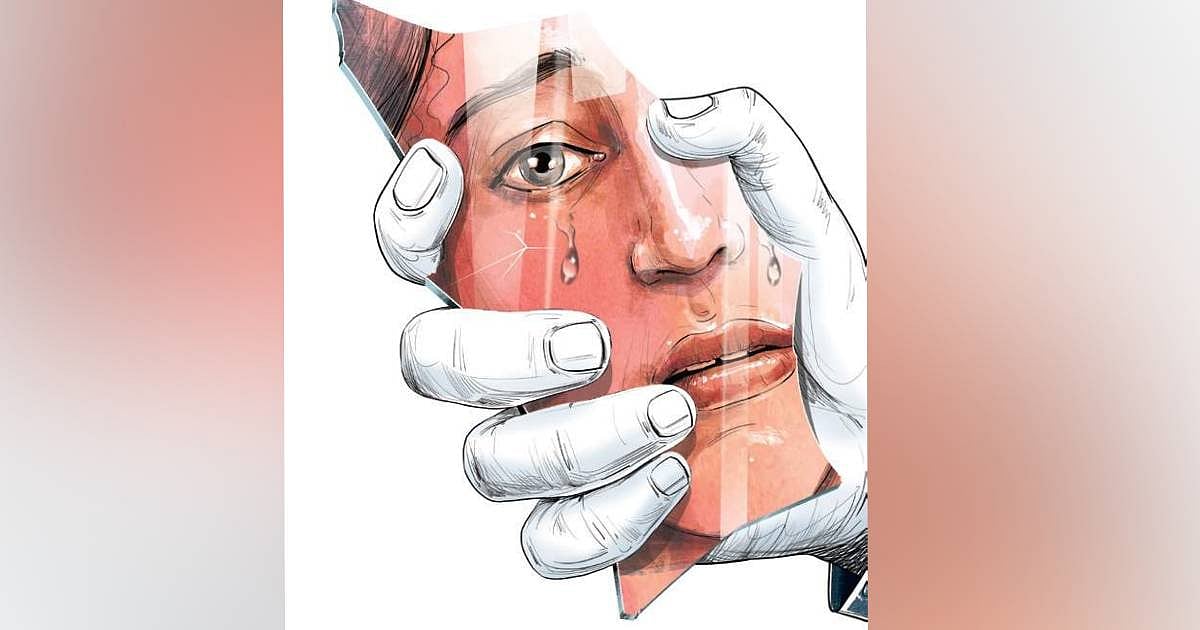 |
|
The Supreme Court of India recently delivered a landmark judgment concerning Section 498A of the Indian Penal Code (IPC), a provision designed to protect married women from cruelty inflicted by their husbands or in-laws. The case revolved around an Andhra Pradesh High Court decision that quashed a First Information Report (FIR) filed under Section 498A, arguing that the allegations did not constitute cruelty because they lacked a specific element of dowry demand. The Supreme Court, however, overturned this ruling, highlighting the broader interpretation of "cruelty" encompassed within the section. This decision has significant implications for the legal protection afforded to women facing domestic abuse in India.
Section 498A, introduced in 1983, was enacted in response to the alarming rise in dowry-related deaths and cases of cruelty against married women. The provision defines "cruelty" expansively, including both physical and mental harm. Crucially, it also encompasses acts of harassment aimed at extracting unlawful demands for property or valuable security, which can include, but are not limited to, dowry demands. The Supreme Court's ruling underscores that the presence of a dowry demand, while often a significant factor, is not a prerequisite for establishing cruelty under Section 498A. The Court's interpretation emphasizes the protection of women from any form of abuse within the marital relationship, regardless of whether a direct dowry demand is explicitly made.
The Supreme Court's judgment carefully considered the legislative intent behind Section 498A, referencing the statement of objects and reasons provided during the bill's introduction in Parliament. This statement clearly articulated the aim to address not only dowry deaths but also the broader spectrum of cruelty inflicted upon married women. By referencing this legislative history, the Court reinforced the expansive nature of the provision and rejected a narrow interpretation that would limit its application only to cases involving explicit dowry demands. This approach safeguards the intended purpose of the law and prevents its circumvention through technical arguments.
The implications of this ruling are far-reaching. It strengthens the legal framework for protecting women against domestic violence and ensures a more effective application of Section 498A. By clarifying that the absence of a specific dowry demand does not preclude a finding of cruelty, the Court has provided a much-needed shield for women facing various forms of abuse within their marriages. This decision could lead to an increase in successful prosecutions under Section 498A, as it removes a potential loophole exploited by perpetrators. The ruling underscores the judiciary's commitment to providing robust legal protection for women and addressing the societal scourge of domestic violence.
However, the decision also raises important considerations. Concerns surrounding the misuse of Section 498A, often cited as a tool for harassment and false accusations against husbands and their families, remain valid. A balanced approach is essential, one that effectively protects women from genuine abuse while preventing the misuse of the law. The judiciary must continue to carefully examine each case on its merits, ensuring that the law is applied justly and fairly, without succumbing to either undue leniency or overly aggressive prosecution. Further legislative and judicial efforts may be needed to refine the application of Section 498A to ensure both effectiveness and fairness.
In conclusion, the Supreme Court's decision represents a significant step towards strengthening the legal protections available to married women in India. By emphasizing the broad scope of "cruelty" under Section 498A and rejecting the necessity of a specific dowry demand, the Court has reinforced the legislative intent to protect women from all forms of domestic abuse. This decision is a crucial development in the ongoing effort to address the complex issue of domestic violence in India, demanding a continued focus on both effective legal frameworks and societal shifts in attitudes and behavior. The future will require a careful balance between protecting vulnerable women and preventing the misuse of the law to ensure justice prevails for all parties involved.
Source: Dowry demand not needed to invoke cruelty charge against husbands: SC
